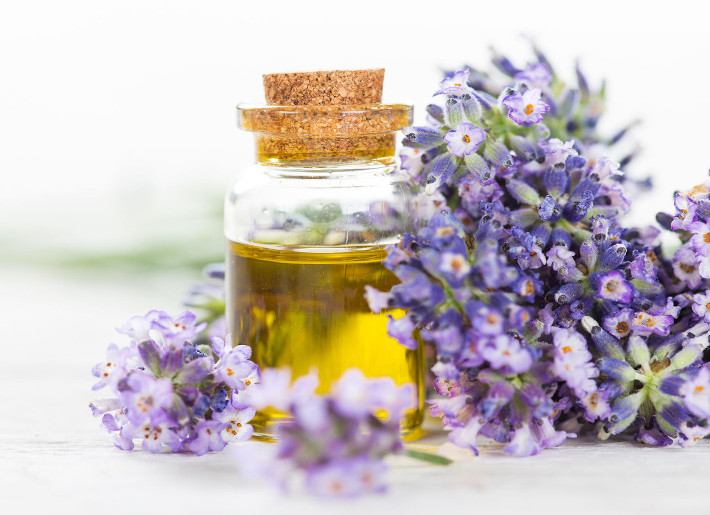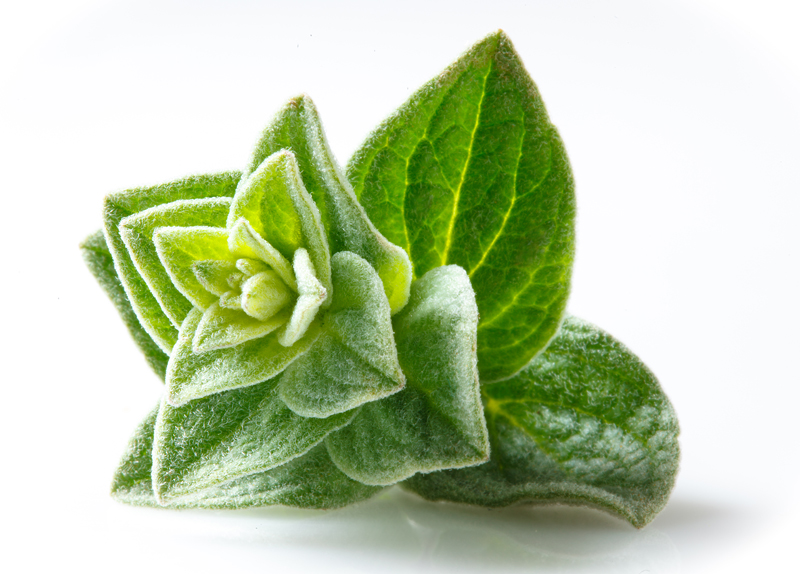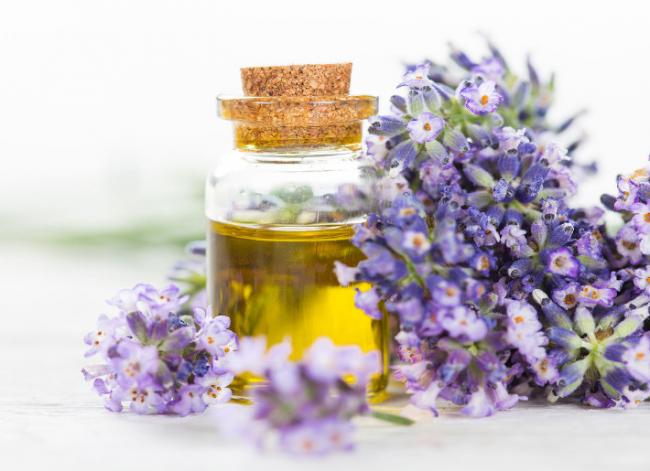Related Articles
- 16 Jan 16
 An old adage taunts us with the fact that for years medicine has struggled to beat what we call the ‘common cold’ with mild success at best, but boy have we ever tried. Walk into a drugstore any time of the year and you will find shelves stocked with nostalgic cherry tasting syrups, pills to relieve symptoms and keep you awake, others help you sleep,
An old adage taunts us with the fact that for years medicine has struggled to beat what we call the ‘common cold’ with mild success at best, but boy have we ever tried. Walk into a drugstore any time of the year and you will find shelves stocked with nostalgic cherry tasting syrups, pills to relieve symptoms and keep you awake, others help you sleep, - 09 Jul 15
 And so it begins. You find few strands of hair on your pillow and more than the usual amount on your hair brush. As you are cleaning your house, you begin to notice hair on the floor, in the shower, on your clothes, and then it dawns on you that you are not only leaving behind a trail of hair in every area of the house, but a hairless patch possibly somewhere on your scalp.
And so it begins. You find few strands of hair on your pillow and more than the usual amount on your hair brush. As you are cleaning your house, you begin to notice hair on the floor, in the shower, on your clothes, and then it dawns on you that you are not only leaving behind a trail of hair in every area of the house, but a hairless patch possibly somewhere on your scalp. - 04 Sep 21
It’s a serious disease shrouded in controversy that captivates our attention. A disease transmitted by a blood-feeding bug that already bit an animal, such as a mouse or other mammal, infected with the spirochaete bacteria Borrelia burgdorferi. It is this pathogen, which has profound effects throughout the body, which is the cause of Lyme disease.
- 01 Oct 22
Essential oils (EOs) are specialized molecules derived from plants located in distinct areas like reservoirs, glandular hairs, specialized cells, or the interstitial space of cells. They function as protection against bacteria and temperature variations. 1 They are derived from all parts of the plant like the leaves, flowers, buds, shoots, stalks, fruit, and even resins.
- 05 May 14
 Alzheimer’s disease is a progressive brain disease that slowly eats away at memories and causes problems with thinking. As the degeneration progresses, it can lead to the inability to complete even simple tasks. Symptoms typically will begin to appear after the age of 60. Alzheimer’s is considered the most common cause of dementia, which means loss of cognitive functioning and the loss of some behavioural functioning.
24 Sep 21
Alzheimer’s disease is a progressive brain disease that slowly eats away at memories and causes problems with thinking. As the degeneration progresses, it can lead to the inability to complete even simple tasks. Symptoms typically will begin to appear after the age of 60. Alzheimer’s is considered the most common cause of dementia, which means loss of cognitive functioning and the loss of some behavioural functioning.
24 Sep 21A common concern presenting in general practice is hair loss. Hair is an integral aspect of our identity and feelings of self-esteem, and it offers an element of aesthetic expression for many. To see it recede or thin can be a challenging experience. This article will first review notable information pertaining to the hair physiology, along with key aspects relating to male and female patterns of hair loss (androgenic alopecia).
17 Oct 19 A cough is one of the most common reasons people visit their doctor. Coughs are annoying, they’re loud and can disrupt sleep for an entire household. With most viral infections, a cough can stick around up to 2 weeks after the infection has cleared. But when a cough lasts longer than 8 weeks, it warrants further investigation.[1]30 Apr 19
A cough is one of the most common reasons people visit their doctor. Coughs are annoying, they’re loud and can disrupt sleep for an entire household. With most viral infections, a cough can stick around up to 2 weeks after the infection has cleared. But when a cough lasts longer than 8 weeks, it warrants further investigation.[1]30 Apr 19“Stress is a killer.” At some point, we have all heard this very common phrase. It is well-known that stressful things drain vitality from human beings.
04 Oct 17 Lavender oil is extracted via steam distillation of its flowering tops for topical application; however, in aromatherapy, the whole plant is used. The oil can be used in a variety of ways: ingested orally, inhaled, used topically on the skin directly, used in aromatherapy blends, in baths, and more.
Lavender oil is extracted via steam distillation of its flowering tops for topical application; however, in aromatherapy, the whole plant is used. The oil can be used in a variety of ways: ingested orally, inhaled, used topically on the skin directly, used in aromatherapy blends, in baths, and more.
Newsletter
Most Popular
- 08 Jan 15
- 17 Jun 13
- 17 Jun 13
- 17 Jun 13
- 01 Jul 13
- 17 Jun 13
- 17 Jun 13
- 17 Jun 13
- 01 Jul 13
- 17 Jun 13
- 17 Jun 13
- 17 Jun 13
- 01 Jul 13























